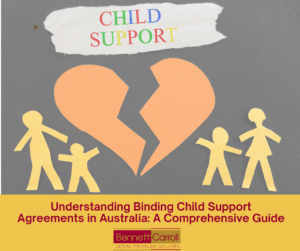Dealing with a divorce is exceptionally difficult. It is both often emotionally, financially and physically draining. Couple that with the death of a relative and receiving inheritance the challenge increases 10-fold since now the incoming assets can become an issue of dispute. If you are already formally separated from your spouse, then any inheritance you receive will very likely be entirely yours. However, if you are currently going through a divorce then this issue is not cut and dry and this short article will aim to lift some of the fog surrounding this predicament.
The paramount concern here is, ‘Can my ex take a share in my inheritance?’ The short answer to is that it depends on your particular circumstances. There is no set rule to dividing the asset pool in a divorce, however, with respect to an inheritance; there are 5 main factors that must be considered:
- Who received it?
- When the inheritance was received?
- The length of the relationship
- Contributions of each person during the relationship
- The value of the inheritance and how it relates to the overall asset pool
In the vast majority of cases, the inheritance is only received by one party likely be inherited solely by them. However, sometimes testators can bequeath the inheritance to both spouses as a couple and in these cases; the inheritance is considered as a shared asset and will likely be divided. In determining this, the date at which the inheritance was received is very important as generally the earlier an inheritance is received in a relationship, the more likely it was used to benefit both spouses, which will result in a divisible share.
The length of the relationship and the contributions of each party can also impact the potential divisibility of the inheritance
Finally, the overall asset pool can influence whether or not a spouse’s inheritance can form part of the pool. This is to ensure fairness across both parties since an inheritance can be significantly larger than the rest of the divisible asset pool according to their entitlements. Hence if the beneficiary were to retain the inheritance entirely for themselves and their ex-spouse did not receive a just an equitable division of the remaining assets, the inheritance can be included and divided to ensure parity.
The concluding sentiment from this article is that communication is key. It always more beneficial to keep proceedings out of court where possible and so if you and your spouse can agree on assets and inheritance shares where applicable, endeavour to do so and only turn to the family court as a last resort.
Call us on or email and safeguard your interests every step of the way- We are your legal problem solvers.







